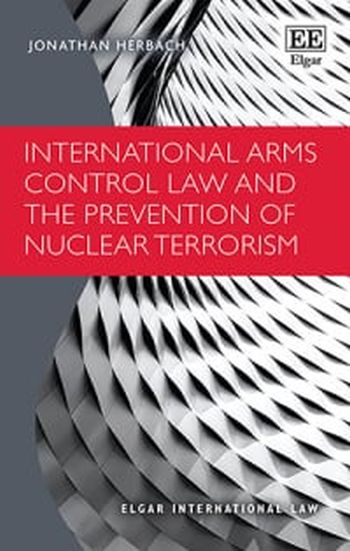
Making a timely contribution to the legal literature, this important book discusses an under-analysed issue of great importance to international peace and security. It provides a comprehensive overview and analysis of the prevention of nuclear terrorism specifically through an international (arms control) law lens.
Jonathan Herbach sets out a basis for better understanding how the international legal framework for nuclear security is structured and why it is structured that way, and offers a critical analysis of the component instruments that make up the framework. He highlights the strengths and analyzes possible gaps and weaknesses of these instruments and the legal framework as a whole, as well as explaining the framework’s key characteristics, approaches and rationale. As nuclear security is by no means a static topic, with changing circumstances a defining feature of the area, the book also offers ideas for the path forward and conceptualizes ways to further strengthen the nuclear security legal framework.
Offering a fresh perspective on the prevention of nuclear terrorism, this book will benefit academics and students of public international law, counter-terrorism and conflict and security law. It will also be a useful resource for governmental legal advisors, think-tanks and diplomats to inform their work on means and mechanisms to help strengthen the global nuclear security regime and to provide guidance for decision-making.